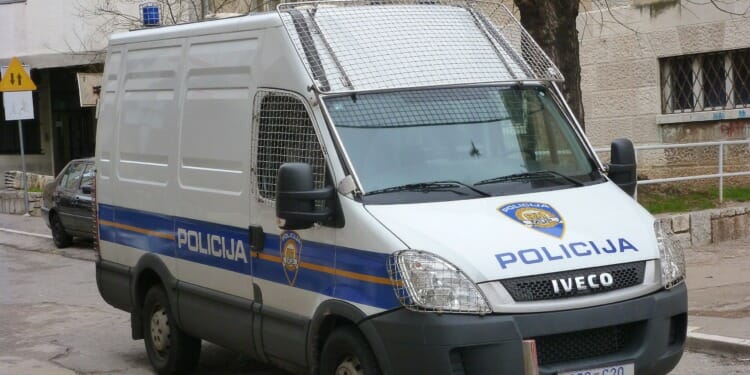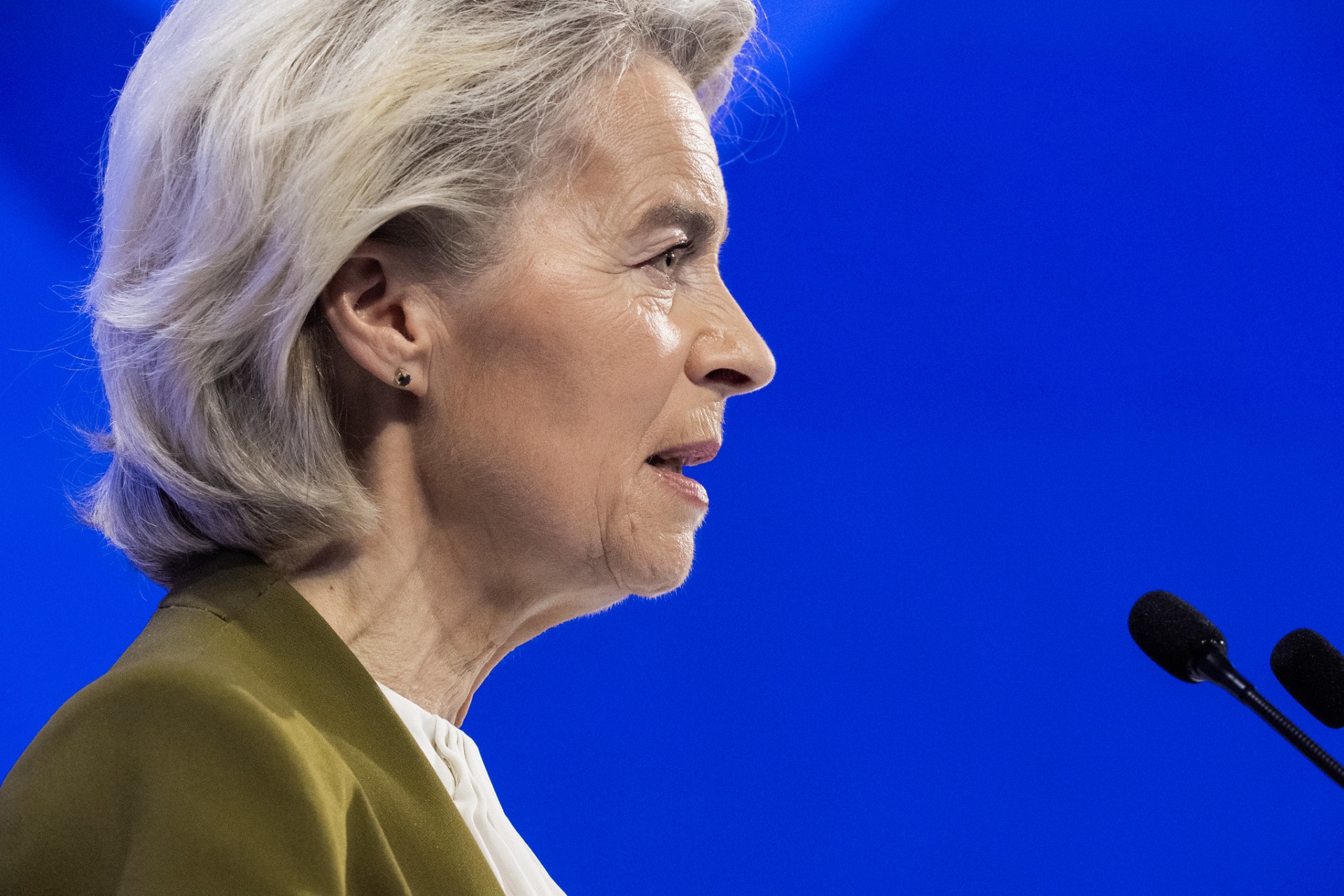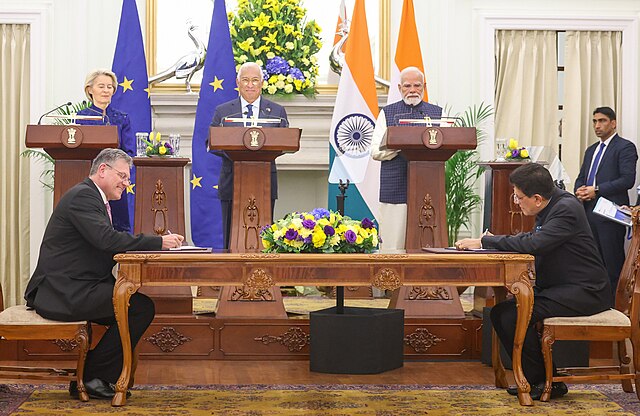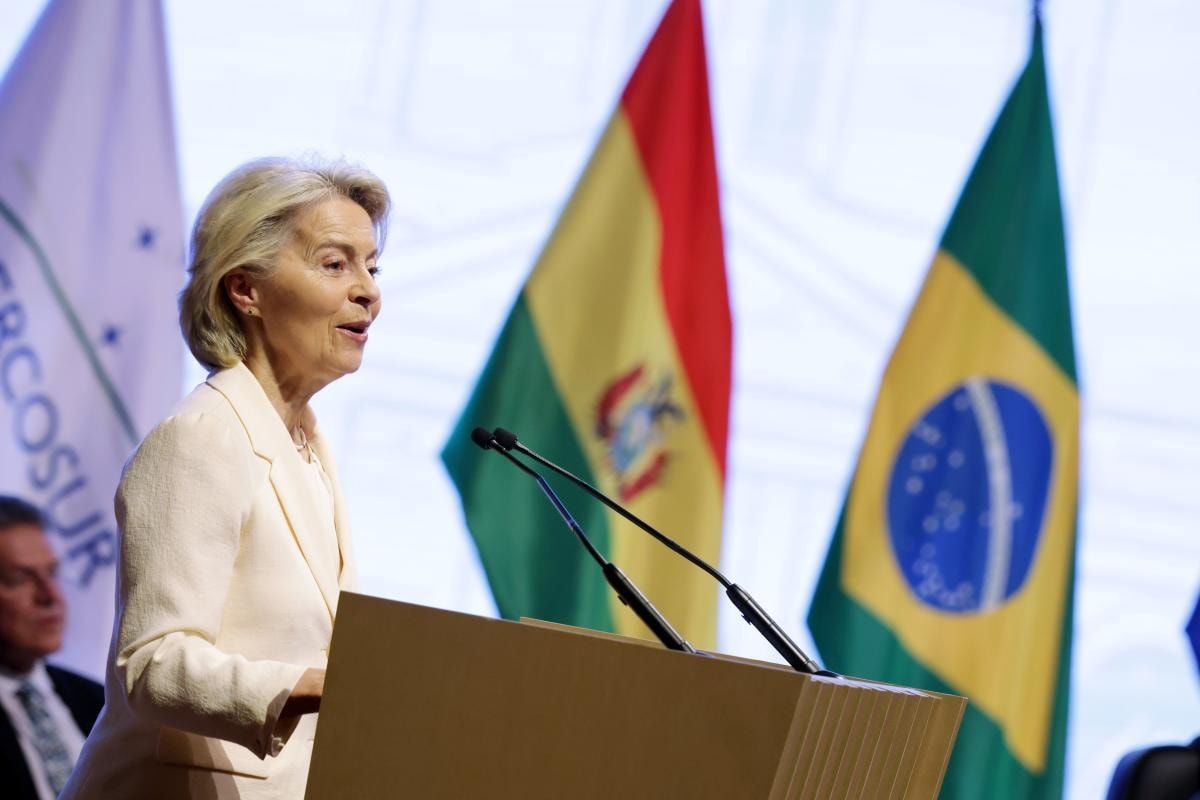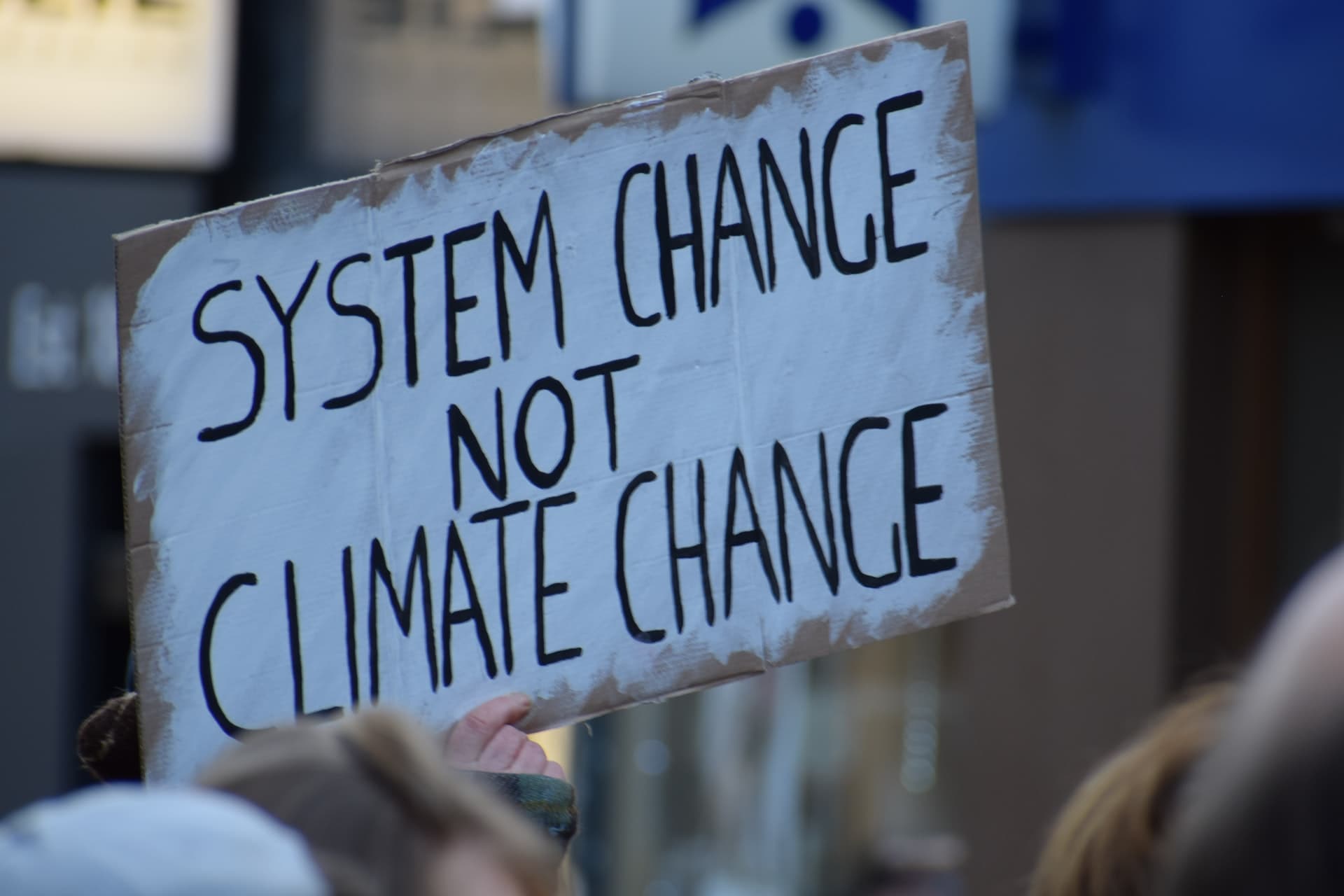For years, systematic physical abuse of thousands of migrants, including women and children, carried out by Croatian police officers, has been documented and reported by NGOs, news outlets and others. A Report from the Council of Europe, recently made public details of the violence.
The report recorded “credible and concordant” testimonies of “slaps, kicks, blows with truncheons and other hard objects (e.g. butts/barrels of firearms, wooden sticks or tree branches) to various parts of the body.” Medical examinations confirmed wounds that could only have been inflicted by truncheons and sticks.
Accounts detail how migrants had been “forced to march through the forest to the border barefoot and being thrown into the Korana river which separates Croatia from BiH [Bosnia and Herzegovina] with their hands still zip-locked.” They had also been “pushed back into BiH wearing only their underwear and, in some cases, even naked.”
The report was released by the Council of Europe’s anti-torture Committee, The European Committee for the Prevention of Torture and Inhuman or Degrading Treatment or Punishment (CPT). It was based on a visit to Croatia in August of 2020, where the CPT met resistance from officials, who obstructed access to critical information.
The report corroborates years of news coverage, including accounts of routine robbery, with migrants having their money and belongings taken from them or destroyed. Der Spiegel among others have reported harrowing allegations of rape and molestation, with migrants describing how Croatian officers groped women and forcefully inserted tree branches into the men’s anuses.
Photo evidence has long existed of injuries sustained by migrants, as well as accounts from doctors confirming grievous wounds synonymous with physical assault.
Refugees and migrants have allegedly been whipped, beaten and sexually abused at the hands of Croatian authorities https://t.co/9X7omhQ4aZ pic.twitter.com/G8PZjuVgQj
— Al Jazeera English (@AJEnglish) October 22, 2020
Croatia’s refusal to accept accountability
The abuse occurs as part of a larger pattern of push-backs, involving the forceful movement of migrants back over the border without consideration of asylum claims. Push-backs have become routine practice across Europe. Multiple countries, including Greece, Poland, Croatia and the United Kingdom have flouted international law attempting to protect the rights of refugees.
Croatian and Greek police officers have been identified earlier this year as part of a groundbreaking collaborative investigation uncovering the identities of masked men beating migrants with truncheons, chasing them through the forest and forcing them out to sea on flimsy rubber rafts.
Covered more extensively in a previous Impakter article, Lighthouse Reports revealed that a “shadow army,” bolstered by money from EU budgets, was responsible for physical assaults and other illegal activity “from the forests of the Western Balkans to the Aegean Sea.”
https://twitter.com/LHreports/status/1445811874453467137?s=20
The men, wearing Balaclavas and bearing no official insignia or badges, formed part of the Croatian government’s effort to maintain plausible deniability. The disguises, however, may have backfired, as they indicate an intention to undertake actions that would implicate the government involved in an illegal and immoral activity if the police officers were identified.
In a rare example of Croatian officials holding officers to account, last October, after video footage emerged of Croatian officers beating migrants with batons, three officers were suspended.
The handling of the situation, however, further demonstrated an attempt on behalf of the Croatian officials to avoid culpability, limiting the disciplinary action to only three men, despite widespread suspicion that the behaviour was sanctioned by senior officials, given the systematic and routine nature of the abuse.
Related articles: The Presence of Illegal Pushbacks at EU Borders Is Exposed | Poland, with EU Backing, Further Restricts Asylum Rights, Flouting International Law
The allegations of systematic abuse have been repeatedly denied by the Croatian government, with the CPT report criticising the state’s failure to conduct any kind of reliable and impartial investigation into the crimes, leaving the Police force to carry out the “investigations” themselves.
In July, an oversight mechanism for human rights abuses at the border was set up by the government, but the efficacy and independence of the body is in doubt, demonstrated by the continued lack of accountability for the crimes described above.
Croatian President Zoran Milanovic, continuing to defend the border police, recently declared that “police sometimes have to use force.”
The EU has yet to hold Croatia to account, validating its behaviour
The EU has come under heavy criticism from human rights orgs and other observers for its failure to hold Croatia to account for any of the abuse, accused of burying its head in the sand, despite the mounting evidence implicating the member state in violent and illegal border practices.
In recent years, the EU has directed more than 110 million euros to Zagreb in border protection funds, despite border violence being reported since 2017. In July, it approved emergency funds for border protection to the country, making no effort to ensure that the Croatian government would curb its police force’s abuse of migrants.
Croatia’s border militarisation has been allegedly tied to an effort to gain entry into the EU Schengen area, consisting of EU countries that have abolished border control between themselves, facilitating easier trade. In order to do so, Croatia must demonstrate its ability to defend its borders.
According to the EU Shengen Border code, EU law must still be respected, requiring due consideration to the protections afforded to refugees and asylum seekers.
However, German MEP (Member of the European Parliament), Erik Marquardt, speaking to DW, suggested that Croatia is acting under pressure from the EU and other member states, who are “exerting political pressure to disregard EU human rights in this case.”
Migrants at the border #Croatia and #Serbia. #Tovarnik. Children and families included. In one side migrants, on the other police, they don’t allow them to continue on their way. Serbia the bad cop of #Europe. Beatings, deaths and abuse since 3 years ago. Photo: @ NoNameKitchen1 pic.twitter.com/23pv7hVgXT
— Fotomovimiento (@Fotomovimiento) December 26, 2017
Marquardt points out that “The Schengen Area accession negotiations were only launched after the country started to systematically turn back refugees at the border, use violence and conduct ‘pushbacks.’”
The report comes at a time when migrants’ rights have faced increased threats across Europe, a recent example being the EU’s facilitation of Poland’s heavy-handed treatment of migrants at the Belarus border. Push-backs have started to creep into the legislature, the UK government has pushed to pass bills legalising the turning back of migrants at sea.
Croatia’s behaviour, however, represents not only the erasure of asylum rights but an actively violent, sadistic approach to the enforcement of borders. Systematic assault and depraved abuse are being weaponised, placing the respect of borders far above the sanctity of human life.
If following the public release of this report, the EU fails to hold Croatia to account, and withdraw funding of its violent border enforcement, it will be setting a dangerous precedent, validating the criminal treatment of migrants across Europe.
Editor’s Note: The opinions expressed here by Impakter.com columnists are their own, not those of Impakter.com. — In the Featured Photo: A Croatian police van. Photo Credit: Wikimedia Commons.


